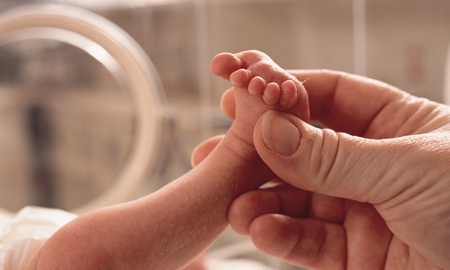As the most populous country in the Gulf Cooperation Council, Saudi Arabia accounts for approximately 50 per cent of the healthcare, medical and pharmaceutical sectors in the region.
The kingdom has a predominantly young and fast-growing population, which is nevertheless increasingly affected by diseases typical of developed countries. The high rates of urbanisation and sedentary lifestyles are contributing to a prevalence of chronic diseases such as obesity, which affects two-fifths of the population, heart conditions and diabetes, from which 16.7 per cent of adults suffer.
Moreover, with nearly two-thirds of the population under the age of 30, youth health issues like smoking and reckless driving pose yet more problems for the Ministry of Health.
Most of Saudi Arabia’s health- care facilities are public, as the government ensures medical services for Saudi nationals in state-owned facilities. At the same time, an increasing number of private facilities cater to the large expatriate population and Saudis looking for specific services.
Around 60 per cent of all hospitals are owned and operated by the Ministry of Health, while overall the sector is overseen by several regulatory bodies, such as the Saudi Food and Drug Authority and the Saudi Commission for Health Specialities.
| About 10 per cent of the government’s budget is allocated to healthcare |
In addition to the over 400 public hospitals and specialist centres, the largest of which being the King Faisal Specialist Hospital and Research Centre, private facilities and operators in health insurance, pharmaceuticals, IT and procurement complete the structure of the Saudi healthcare system. In fact, the role of private healthcare institutions is taking on an increasingly important role, as the public facilities struggle to keep up with growing demand.
The government has endeavoured to expand the country’s healthcare infrastructure and medical research capabilities through sustained five-year programmes called Development Plans. Currently at the Ninth Development Plan, the Ministry of Health has committed to building 117 new hospitals, 750 primary healthcare centres and 400 emergency rooms by 2015, projects that will cost the state budget £5.7 billion.
Healthcare accounts for approximately one-tenth of the government’s budget, a ratio that is higher than the European average. The funds are used for the expansion of existing infrastructure and the construction of new facilities, the development of research programmes, human resources and staff training programmes.
An important part of the healthcare development plan is the construction of medical cities, five of which are currently in operation or under construction. In line with the current plan, the government is working on three new medical cities, two dedicated to the armed forces and a third one, the King Khaled Medical City in the Eastern Province, to the general public.

0 COMMENTS